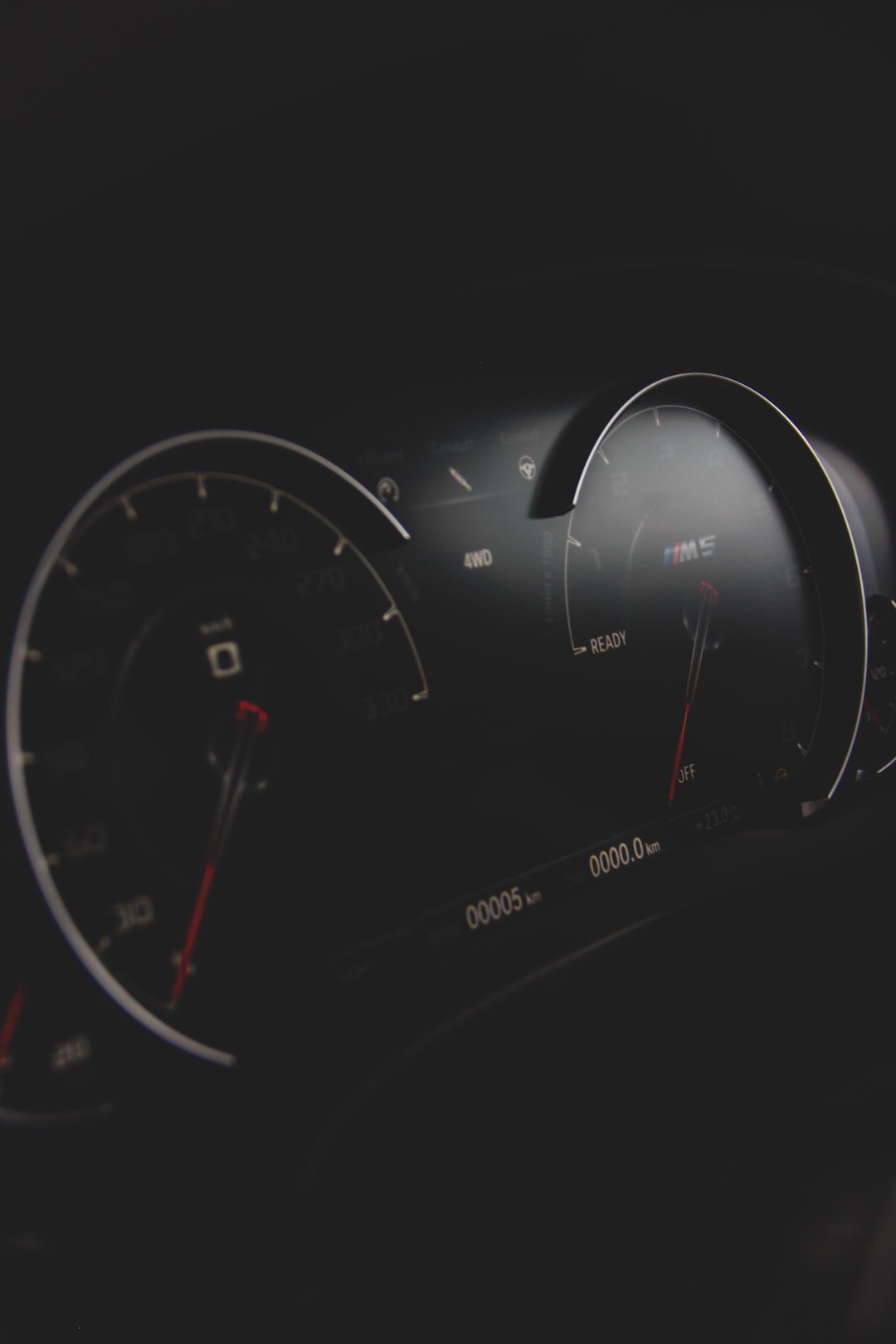When it comes to purchasing a car, there are two options available for you: buying or leasing. In both cases, you get to drive the car you want, but each choice has its unique benefits and drawbacks.
Buying a car is a straightforward way to acquire a car. You find a dealership that has the car you want, test drive it, negotiate the price, and then finance or pay cash for the car. Once you’ve paid off the loan, the car is yours to keep.
One significant advantage of buying a car is that it’s yours, and you can do whatever you want with it. You can modify it, sell it, or use it produce money through platforms such as car-sharing apps. You also don’t have to worry about any mileage restrictions or penalties for excessive wear and tear.
Buying a car also provides you with equity that can be leveraged later on. For instance, you can use the equity in your car to finance another loan or even start a business by using your car as collateral.
However, buying a car also has its cons. The upfront costs of purchasing a car is often quite high, and you will also have to shoulder the costs of maintenance and repairs over time, which can be quite costly. Additionally, the car’s value will depreciate over time, reducing your ability to sell it at a fair price.
Leasing a car, on the other hand, gives you the option to drive a new car every few years. Leasing a car involves paying a monthly fee to use the car for a specific period, usually between two to four years. At the end of the lease term, you can return the car to the dealership or pay off the remaining balance and own the car.
The primary advantage of leasing a car is that it’s relatively cheaper than buying, especially regarding the monthly payments and upfront costs. Additionally, most leases come with a manufacturer warranty, which covers maintenance and repair work, relieving you of many financial burdens.
Another key benefit of leasing a car is that you get to drive a new car with the latest features. Leasing often comes with a lower monthly payment than financing, allowing you to lease a more expensive car that you might not have been able to afford if you decided to purchase it.
However, leasing has its cons as well. When leasing a car, there are mileage limitations, and if you exceed them, you will be charged extra fees. You also need to return the car in excellent condition, or you will be charged for excessive wear and tear.
Additionally, when the lease term ends, you won’t have equity in the car, so you won’t be able to sell it, use it as collateral, or profit from it in any way.
In conclusion, buying a car provides you with long-term stability and equity, but at a higher initial and maintenance costs. On the other hand, leasing offers you flexibility and lower monthly payments, but some limitations and no equity. Ultimately, the decision comes down to your personal financial situation, driving habits, priorities, and lifestyle.
